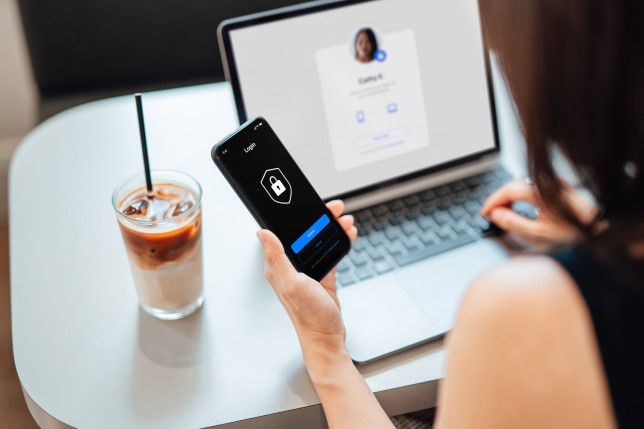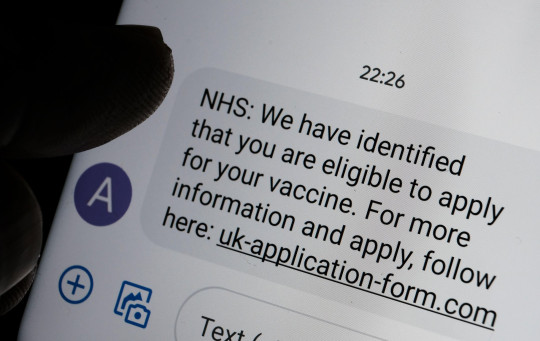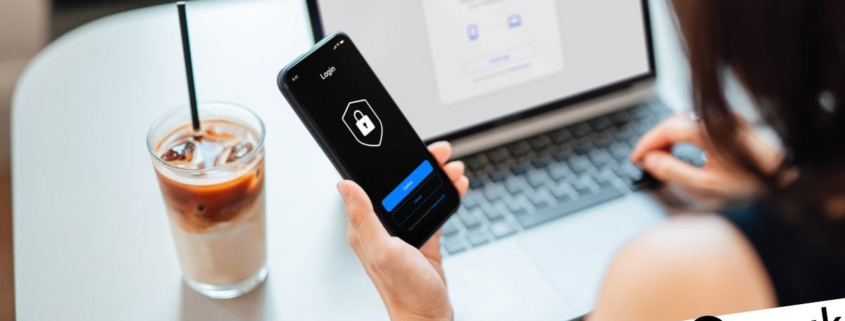Is your smartphone really safe from hackers? Here’s how to be sure

Smartphones are the digital hubs for our daily lives, full of our personal data – and that’s manna from heaven for scammers.
Worse still, there’s been an acceleration in the volume of attacks being directed at our mobiles, as fraudsters exploit the unprecedented conditions of the pandemic.
With online shopping on a high following successive lockdowns and high-street closures, Which? found that three in five of us have received fake text messages from scammers purporting to be from courier companies warning of a missed delivery or unpaid postage.
And of the different channels by which messages can arrive on our devices, text messages are the most universal and create a sense of urgency that scammers seek to exploit.
Tap on a link in one of these messages and you will likely be taken to a copycat website that is almost indistinguishable from that of the legitimate courier company.

Any personal or financial information you type here, however, will almost certainly end up in the hands of identity fraudsters.
A similar text-message attack uses a fake SMS to dupe victims into downloading a bogus parcel-tracking app to their phones.
The UK’s National Cyber Security Centre recently warned that the ‘FluBot’ malware promises to help rearrange delivery of a package to your address but instead stealthily delivers your passwords and personal information into a hacker’s hands.
Smell a RAT?
Another type of malware that can lurk behind the scenes is known as a remote access trojan, or RAT.
The apps give ne’er-do-wells access to your device and its data through a digital back door, enabling them to snoop around your files and messages, capture screen shots, turn on your camera and even listen in on conversations through
your microphone.
Frequently associated with cyber-stalking or targeted attacks on high-profile individuals, surveillance apps like these may be installed by somebody known to the owner with temporary access to the device, or by hackers exploiting a security…


